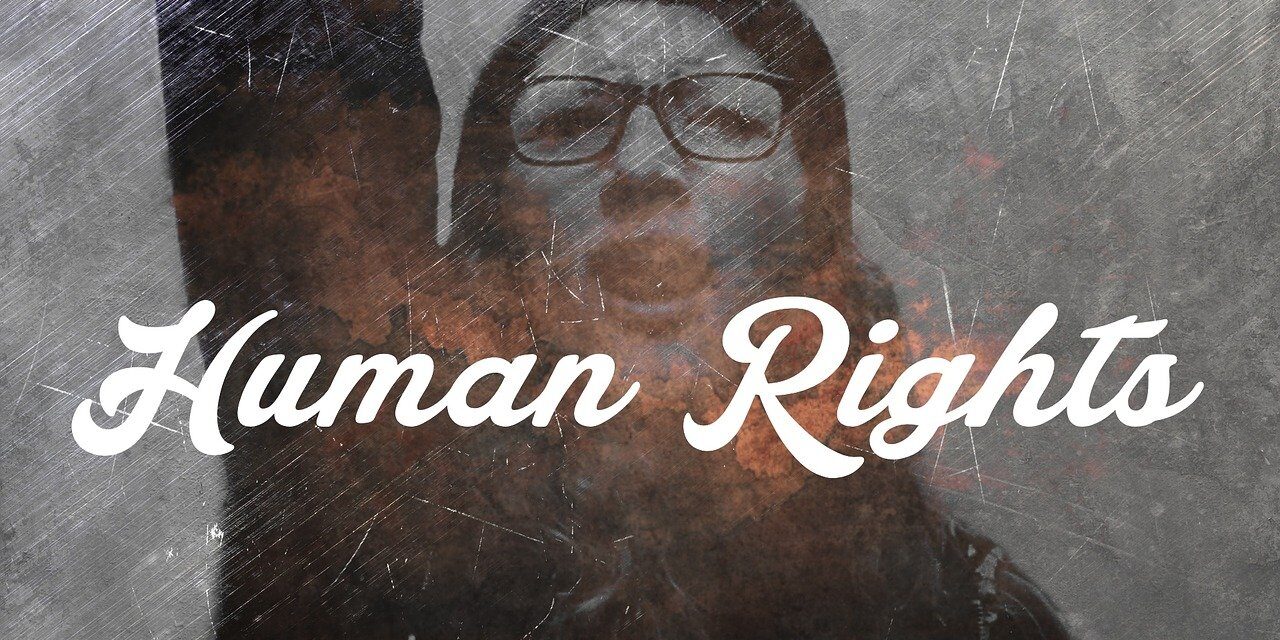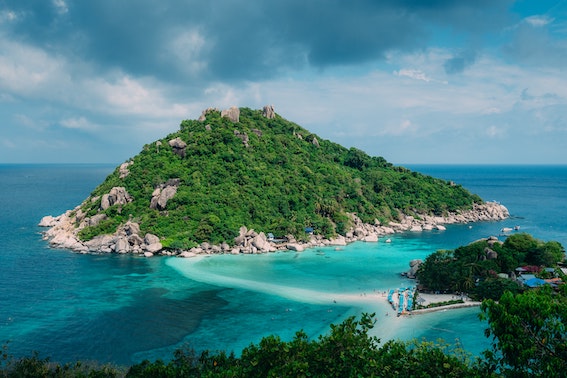2020 was a difficult year for humanity. On one hand, the Covid-19 outbreak resulted in the loss of a significant number of lives all over the world, riots and protest in some states (for example in the Netherlands), and economic instability across the globe. On the other hand, 2020 was also the year when the continuous fights for human rights evolved in numerous reasons for citizens to celebrate these accomplishments. In this article, I briefly discuss some of them. To be more specific, the events that will be discussed below take place in not one, but several states, respectively Bangladesh, China, South Sudan, Qatar and Argentina.
First, in 2017, after Myanmar’s military acts towards Rohingya people (which have been described as ‘crimes against humanity’)[1], hundreds of thousands of refugees fled to Bangladesh. Three years later, after all campaigns organized by activists, the state of Bangladesh finally agreed to grant Rohingya refugee children between the age of 11 to 13 education. “We don’t want a lost generation of Rohingya. We want them to have an education. They will follow Myanmar curricula”, stated the Bangladeshi Minister of Foreign Affairs.[2]
Second, a Human Rights Watch reporter released information on the reunion of Wang Quanzhang with his family, after being held captive for around 5 years. It is known that Wang had ‘forcibly disappeared’[3] back in August 2015. By that point, he was working on human rights cases involving human rights violations within China. For that reason, the reporter said, he was ‘charged without basis for subversion of state power,’[4] detained and suspectedly tortured. This was not only the fate of Wang, but of hundreds of other human rights lawyers and activists at that point. Thanks to Human Rights Watch, this particular case will be strictly followed and advocated for, with Wang’s personal freedom as a next step.
Third, hundreds of thousands of letters have been written to protest against the death sentence given to a South Sudanese teenager Magai Matiop Ngon. He was given a death sentence for the reason that he had fired his father’s gun as a ‘warning’ towards a relative. Additionally, he was not provided with legal assistance.[5] Henceforth, in 2020, Amnesty International proclaimed the following: “South Sudan teenager Magai Matiop Ngong, who we campaigned for as part of Write for Rights had his death sentence quashed and was removed from death row on 29 July. Moved by his plight, people around the world wrote an incredible 765,000 messages of support. Magai’s case generated debate on the use of the death penalty against children in South Sudan – a rare and hugely positive development”.[6]
Fourth, the state of Qatar introduced a new, non-discriminatory minimum wage in order to protect its migrant workers. Furthermore, the rule proclaiming that migrant workers are not allowed to switch their job without the consent of their employer[7] was no longer applicable as of 2020.
Fifth, and last, the state of Argentina took a new step towards respecting women’s rights by legalizing abortion. This decision makes Argentina one of the 50+ countries where abortion is now an available option. The law was passed with 38 votes in favour of its enforcement, 29 against and 1 abstention. After decades of fighting for this right in Argentina, the state has finally come to recognize that the right to safe abortion is indeed a human right.[8]
Finally, I would like to note that these are just five of the numerous positive changes, which states have come to make in the past 2020. It is nevertheless important to note that none of these issues would have been solved (or at least mitigated) should they not have been addressed or acknowledged. Thus, this is why one’s voice always matters, and why human rights violations and disregards must not be left unreported.
[1] See BBC News, Myanmar military leaders ‘guilty of crimes against humanity’ < https://www.bbc.com/news/world-asia-44625216#:~:text=In%20August%202017%2C%20Rohingya%20militants,said%20was%20targeting%20the%20militants.&text=About%20700%2C000%20Rohingya%20have%20now,are%20living%20in%20refugee%20camps> Accessed 10 May 2021
[2] See the Guardian, Bangladesh grants Rohingya refugee children access to education < https://www.theguardian.com/global-development/2020/jan/29/bangladesh-grants-rohingya-refugee-children-access-to-education > Accessed 10 May 2021
[3] See HRW, Chinese Human Rights Lawyer Released < https://www.hrw.org/news/2020/06/05/chinese-human-rights-lawyer-released-after-4-years-0 > Accessed 10 May 2021
[4] See HRW, Chinese Human Rights Lawyer Released < https://www.hrw.org/news/2020/06/05/chinese-human-rights-lawyer-released-after-4-years-0 > Accessed 10 May 2021
[5] See Amnesty International, South Sudan: Quashing of teenager’s death sentence must lead to abolition of the death penalty https://www.amnesty.org/en/latest/news/2020/07/south-sudan-quashing-of-teenagers-death-sentence-must-lead-to-abolition-of-the-death-penalty/
[6] See Amnesty International, 41 human rights wins to celebrate right now https://www.amnesty.org/en/latest/campaigns/2020/12/41-human-rights-wins-to-celebrate-right-now/
[7] See Amnesty International, Qatar: New laws to protect migrant workers are a step in the right direction https://www.amnesty.org/en/latest/news/2020/08/qatar-annoucement-kafala-reforms/
[8] See Amnesty International, Argentina: Legalization of abortion is an historic victory https://www.amnesty.org/en/latest/news/2020/12/argentina-legalization-abortion-historic-victory/ > Accessed 10 May 2021








